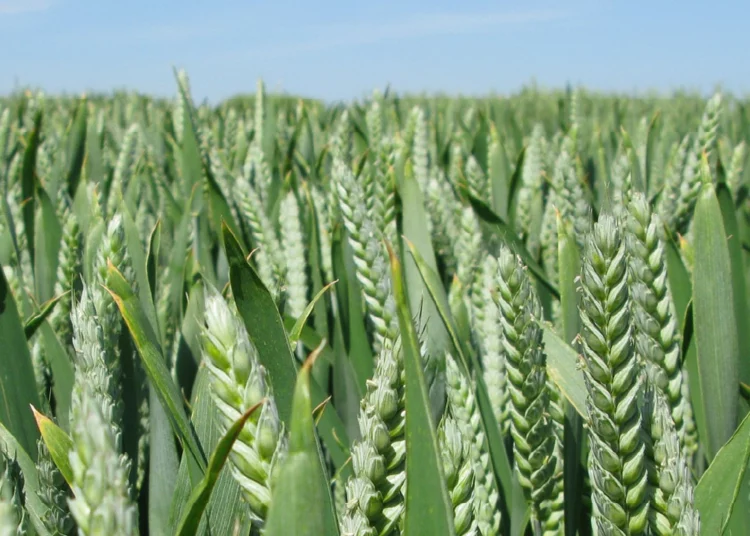Novo Holdings and DLG Group announced a strategic partnership aimed at advancing sustainable agriculture and food systems. The partnership begins with Novo Holdings acquiring a 25% stake in Sejet Plant Breeding, a leader in agricultural innovation owned by DLG Group.
Sejet Plant Breeding is significant for agricultural innovation contributions, particularly developing essential genetics for field crops like wheat and barley. These advancements will help farmers achieve higher yields with fewer resources. Sejet employs Europe’s most skilled plant breeders to develop crop varieties that are robust, productive, and environmentally sustainable.
The initial goal is to scale up Sejet’s existing business and invest in new technologies to accelerate the development of crop varieties, while increasing Sejet’s market share in Europe. Plant breeding is crucial for increasing agricultural yields, enhancing disease resistance, nutrient and water efficiency, and overall crop quality for both animal feed and human consumption. The aim is to create crop varieties that combine robustness with productivity, thereby reducing the CO2 footprint of the arable land.
Techniques like CRISPR can expedite the breeding process, introducing beneficial new traits for cultivation, quality, and climate adaptation. Although current EU regulations limit the use of some genomic techniques, deregulation is anticipated, which would further support sustainable crop production and the green transition in agriculture.
Aleks Engel, Partner, Planetary Health Investments, Novo Holdings, expresses, “We are thrilled to announce our partnership with DLG Group, a company that has been at the forefront of agricultural innovation for more than a century. Sejet’s proven track record of innovation and profitability, coupled with its robust customer contracts, aligns perfectly with our strategic goals. The anticipated deregulation in European plant breeding presents a unique opportunity to leverage Sejet’s expertise as an innovation platform. This partnership signifies our commitment to advancing agricultural technologies to feed the world sustainably.”
Using advanced techniques like CRISPR will drive the green transition in agriculture. As EU regulations evolve, it will allow greater use of genomic technologies. This initiative is vital for plant breeding in increasing agricultural productivity and ensuring a sustainable and secure food future for the world.











